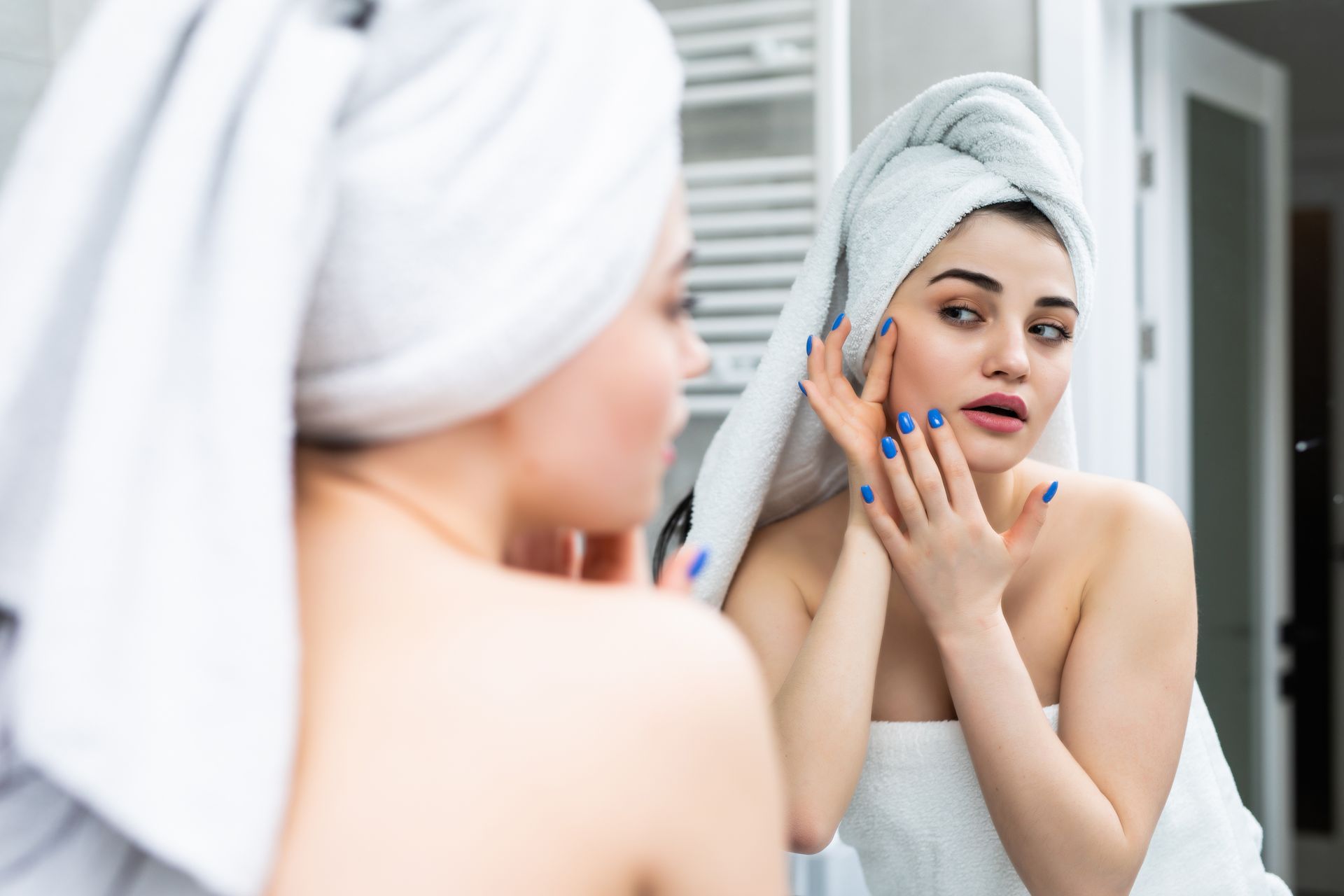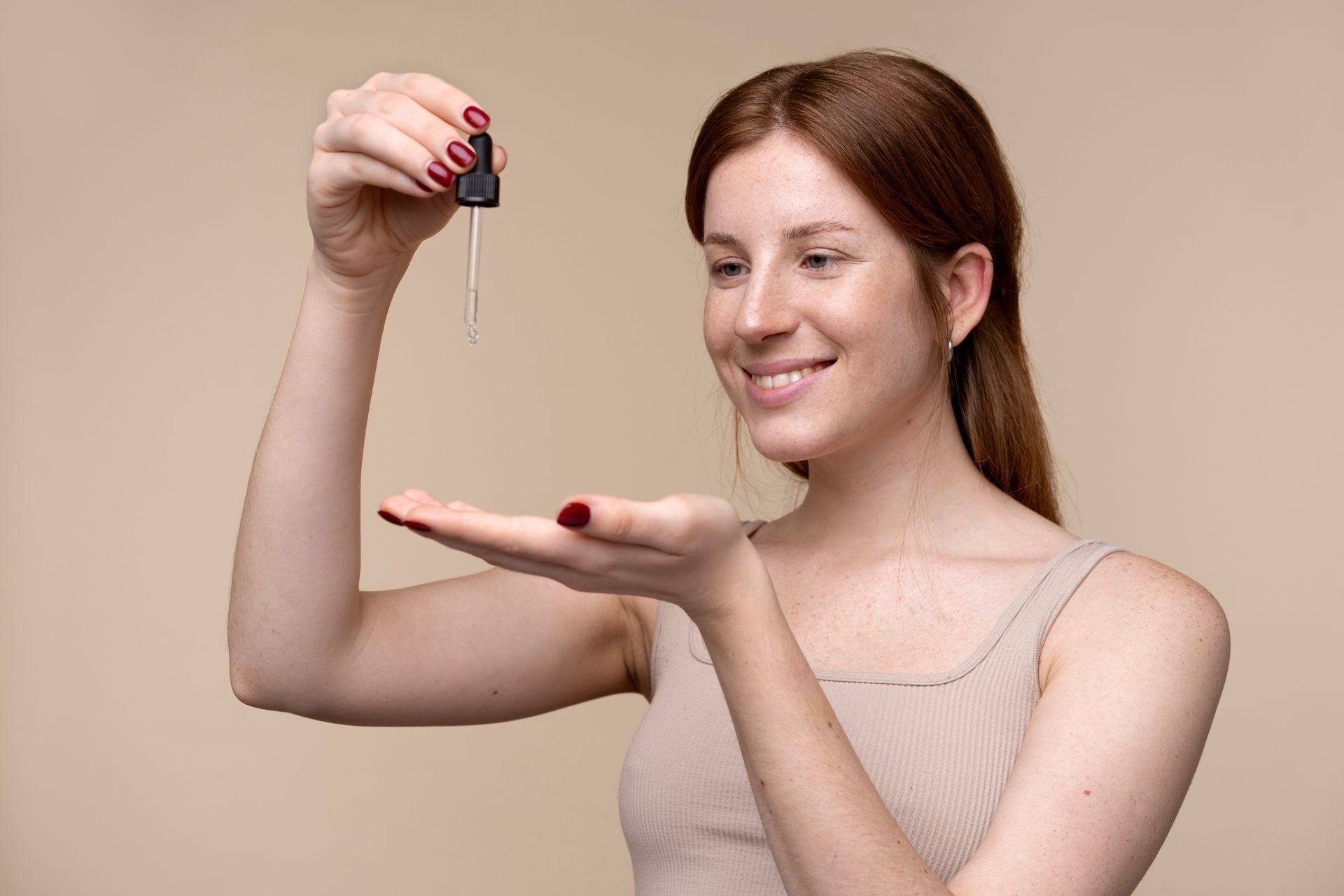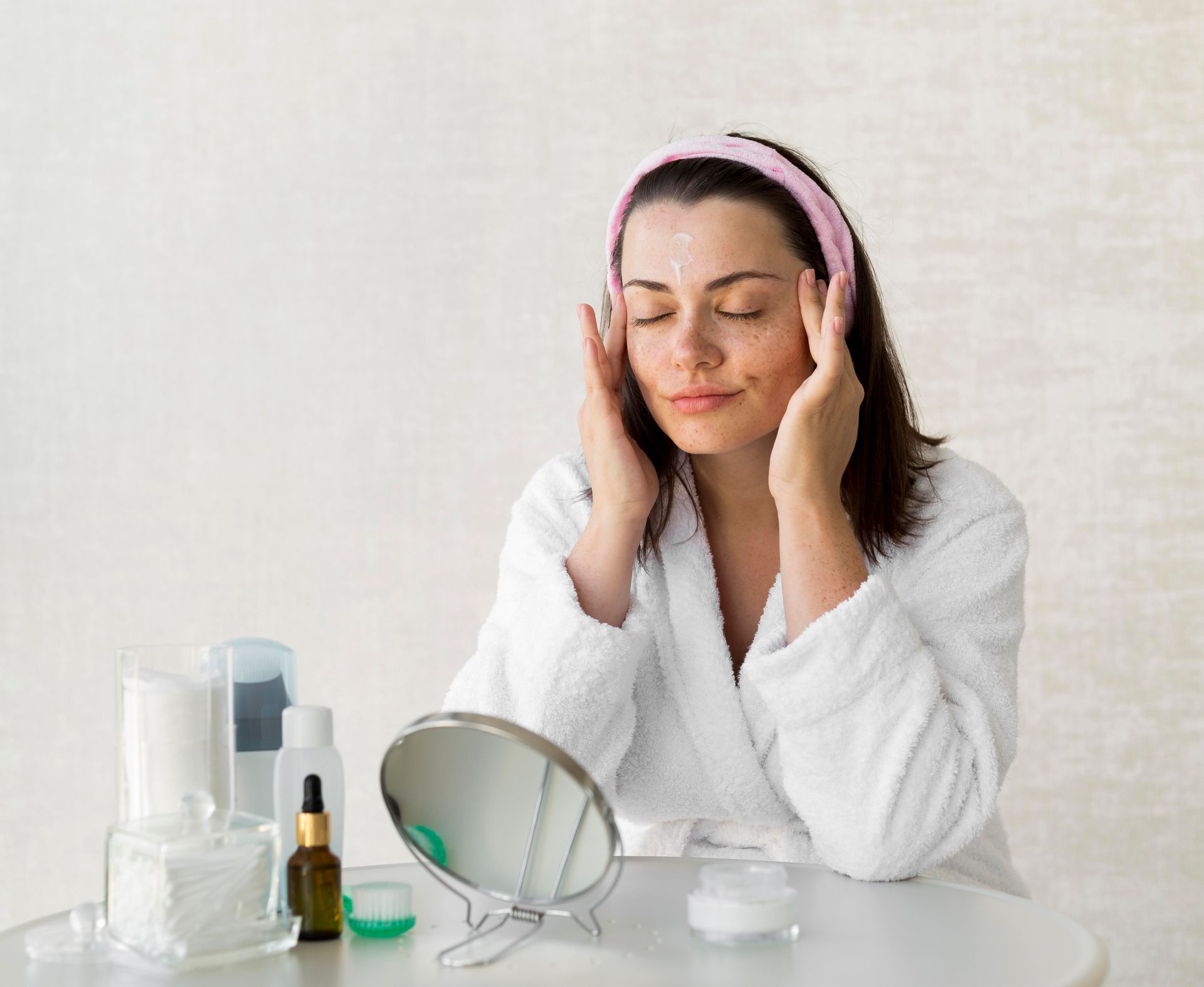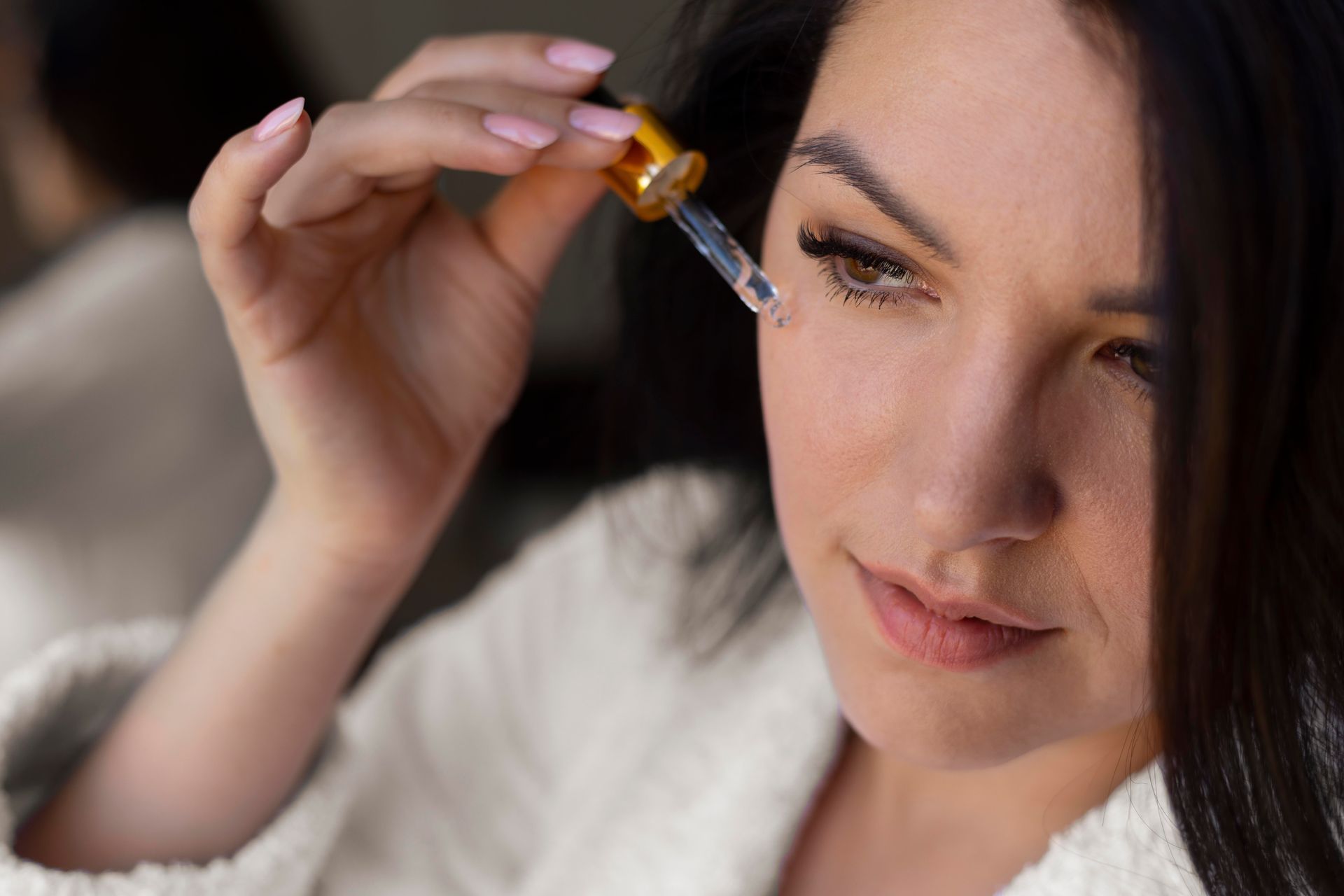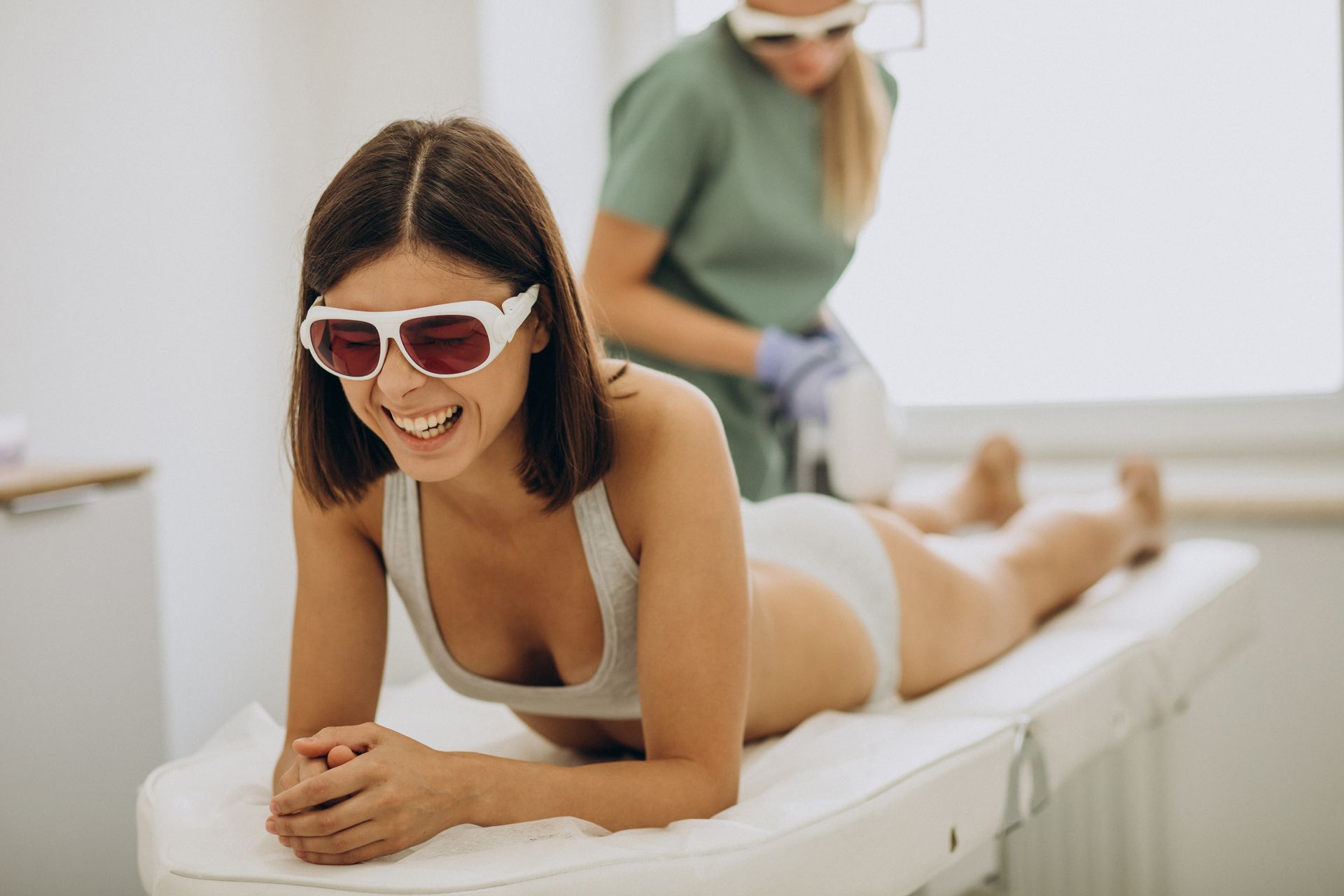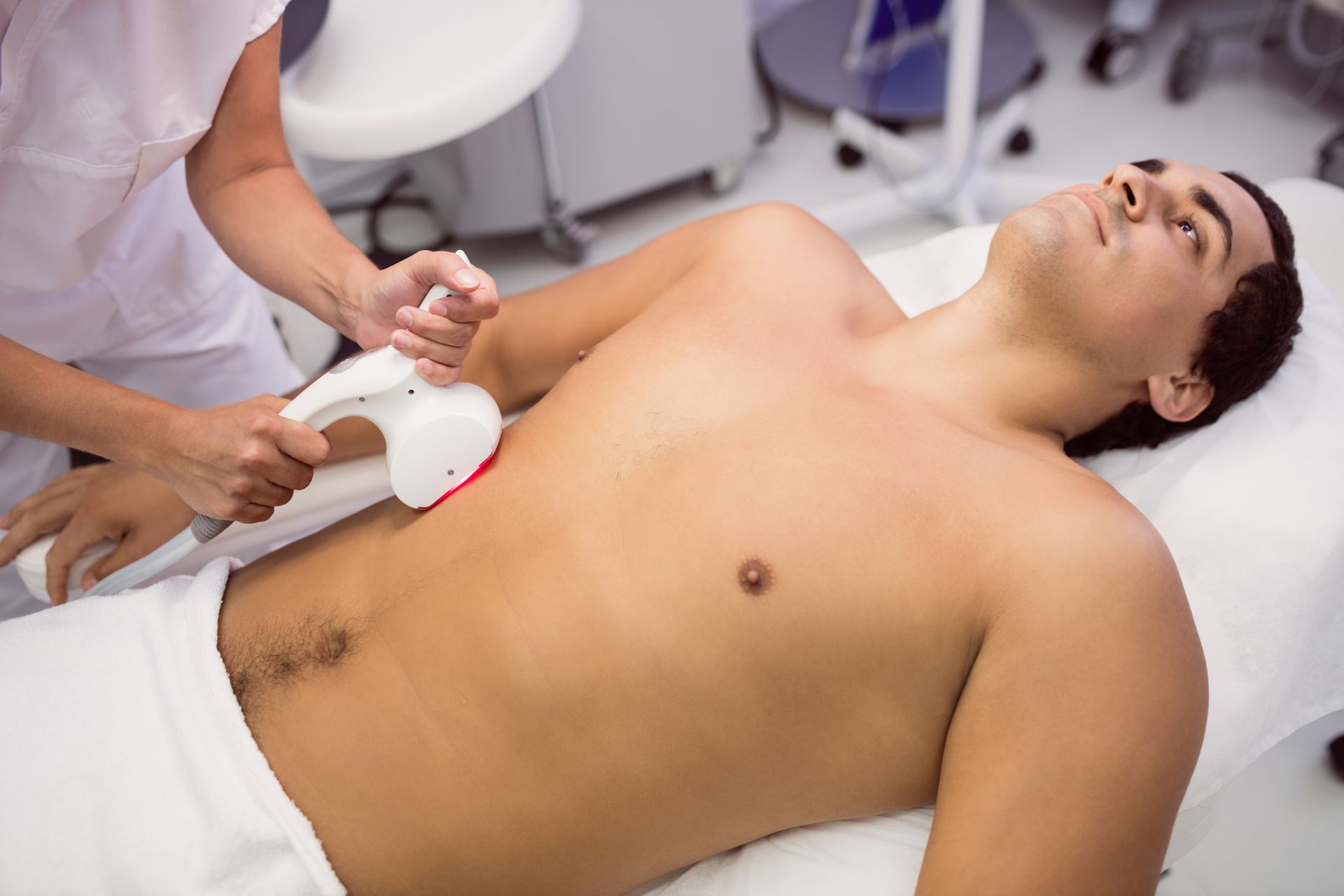What Not to Do Before and After Bikini Laser Hair Removal: A Complete Guide
Laser hair removal for the bikini area can give you smooth, hair-free skin — but only if you prepare and care for your skin properly. Many people underestimate the role that pre- and post-care play in the effectiveness of bikini laser sessions. If you make certain mistakes, you risk side effects like irritation, burns, hyperpigmentation, or even reduced results.
In this comprehensive guide, we’ll walk you through everything you should avoid before and after your bikini laser hair removal sessions so you can achieve the safest, smoothest, and longest-lasting results possible.
How to Prepare for Your First Bikini Laser Hair Removal Session
Why Pre- and Post-Care Matters for Bikini Laser Hair Removal
Laser hair removal works by targeting pigment in the hair follicle and destroying it with concentrated light. For the treatment to be safe and effective, your skin needs to be in its most natural, irritation-free state.
Certain activities — like tanning, exfoliating, or using harsh products — can make your skin more sensitive and prone to burns, while others can interfere with the laser’s ability to reach the hair follicles. Likewise, after your session, the treated area is temporarily sensitive, making it more prone to irritation, infection, and hyperpigmentation if you’re not careful.
What Not to Do Before Bikini Laser Hair Removal
1. Do Not Wax, Epilate, or Thread
Laser hair removal requires the hair root to be intact for the laser to target it effectively. Waxing, epilating, or threading removes the follicle, making the session ineffective.
What to do instead:
Shave the area 24 hours before your appointment — this leaves the root intact but removes the surface hair, preventing burns.
2. Avoid Tanning or Sun Exposure
Both natural sunbathing and tanning beds make your skin more sensitive to the laser, increasing the risk of burns and hyperpigmentation.
Tip: Stay out of the sun for at least 2 weeks before your session and always use sunscreen on exposed areas.
3. Stop Using Self-Tanners
Self-tanning products add artificial pigment to the skin, which can confuse the laser and lead to uneven results or burns.
Pro tip: Avoid all self-tanners for at least 10 days prior to your appointment.
4. Don’t Use Harsh Skincare Products
Products containing retinoids, glycolic acid, salicylic acid, benzoyl peroxide, or AHAs can make your skin extra sensitive and prone to burns.
Instead: Stick to mild, fragrance-free cleansers and moisturizers on your bikini area for a few days before treatment.
5. Avoid Perfumes, Deodorants, and Lotions on the Day
Before your appointment, make sure your bikini area is completely clean and product-free. Perfumes, deodorants, lotions, or oils can react with the laser and cause irritation.
6. Skip Exfoliation and Scrubs
While exfoliation is great for preventing ingrown hairs, avoid it at least 48 hours before your bikini laser session. Freshly exfoliated skin is more vulnerable to burns and irritation.
7. Don’t Take Blood-Thinning Medications Without Consultation
Medications like aspirin, ibuprofen, and certain supplements can increase the risk of bruising. Always check with your dermatologist if you’re on any medications before your appointment.
8. Avoid Tight Clothing Before Your Session
Tight underwear or pants can cause friction and irritation right before your session. Loose cotton clothing is best.
What Not to Do After Bikini Laser Hair Removal
Your skin will be more sensitive after laser treatment, and improper care can lead to burns, hyperpigmentation, or ingrown hairs. Here’s what to avoid:
1. Don’t Expose the Area to the Sun
Avoid tanning, sunbathing, and direct sun exposure for at least 2 weeks after your session. Freshly treated skin is prone to dark spots and burns when exposed to UV rays.
Pro tip: Use a mineral sunscreen if there’s any chance of sun exposure.
2. Don’t Shave Immediately
While shaving is allowed during your laser treatment period, avoid shaving for at least 48–72 hours after your session to prevent irritation.
3. Skip Hot Showers, Saunas, and Pools
Heat can worsen sensitivity and increase the risk of burns. Avoid:
- Hot showers or baths
- Saunas and steam rooms
- Swimming pools with chlorine
Stick to cool or lukewarm water for at least 48 hours after treatment.
4. Avoid Scrubs and Exfoliation
Do not exfoliate your bikini area for at least a week after laser hair removal. The skin needs time to heal, and scrubbing can cause redness, irritation, or even microtears.
5. Don’t Use Harsh Skincare Products
Stay away from active ingredients like retinoids, glycolic acid, salicylic acid, and AHAs for 5–7 days post-treatment. Stick to mild, fragrance-free moisturizers instead.
6. Avoid Tight Clothing
Wearing tight underwear or jeans immediately after your session can trap heat and cause irritation. Opt for loose, breathable fabrics like cotton.
7. Don’t Scratch or Pick at the Area
Some people experience mild itching or dryness after treatment, but scratching can lead to scarring or infection. Use a soothing aloe vera gel or dermatologist-recommended lotion instead.
8. Don’t Schedule Waxing or Threading
Just like before treatment, do not wax, thread, or epilate the area between sessions — it removes the hair root, reducing the laser’s effectiveness. Stick to shaving if needed.
What’s the Difference Between Bikini Line, Bikini Full, and Brazilian Laser?
Additional Tips for Better Results
- Moisturize regularly — keeping the skin hydrated speeds up recovery.
- Stay consistent with sessions — bikini laser hair removal usually takes 6–8 treatments spaced 4–6 weeks apart for optimal results.
- Communicate with your technician — if you notice redness, irritation, or unexpected side effects, let your provider know immediately.
Final Thoughts
Getting smooth, hair-free skin from bikini laser hair removal depends just as much on what you do outside the clinic as the treatment itself. Avoiding certain habits before and after your sessions helps protect your skin, reduces side effects, and ensures you get the best, long-lasting results.
If you’re ever unsure about products, medications, or activities, consult your laser technician or dermatologist for personalized advice.


